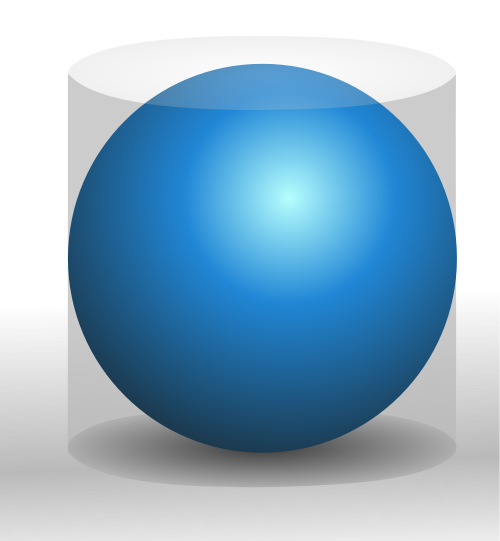cross-posted from: https://sh.itjust.works/post/48633930
Normally, we use a place-value system. This uses exponentials and multiplication.
1234 ^^^^ |||| |||└ 4 * 10^0 = 4 ||└ 3 * 10^1 = 30 |└ 2 * 10^2 = 200 1 * 10^3 = 1000 1000 + 200 + 30 + 4 = 1234More generally, let d be the value of the digit, and n be the digit’s position. So the value of the digit is d * 10n if you’re using base 10; or d * Bn where B is the base.
1234 ^^^^ |||| |||└ d = 4, n = 0 ||└ d = 3, n = 1 |└ d = 2, n = 2 d = 1, n = 3
What I came up with was a base system that was polynomial, and a system that was purely exponential, no multiplication.
In the polynomial system, each digit is dn. We will start n at 1.
polynomial: 1234 ^^^^ |||| |||└ 4^1 = 4 in Place-Value Decimal (PVD) ||└ 3^2 = 9 PVD |└ 2^3 = 8 PVD 1^4 = 1 PVD 1234 poly = 1 + 8 + 9 + 4 PVD = 22 PVDThis runs into some weird stuff, for example:
- Small digits in high positions can have a lower magnitude than large digits in low positions
- 1 in any place will always equal 1
- Numbers with differing digits being equal!
202 poly = 31 poly PVD: 2^3 + 2^1 = 3^2 + 1^1 8 + 2 = 9 + 1 = 10
In the purely exponential system, each digit is nd. This is a bit more similar to place value, and it is kind of like a mixed-base system.
1234 ^^^^ |||| |||└ 1^4 = 1 ||└ 2^3 = 8 |└ 3^2 = 9 4^1 = 4 1234 exp = 4 + 8 + 9 + 1 PVD = 22 PVDHowever it still runs into some of the same problems as the polynomial one.
- Small digits in high positions can have a lower magnitude than large digits in low positions (especially if the digit is 1)
- The digit in the ones place will always equal 1
- Numbers with differing digits can still be equal
200 exp = 31 exp PVD: 3^2 = 2^3 + 1^1 9 = 8 + 1
So there you have it. Is it useful? Probably not. Is it interesting? Of course!


Polynomial works fine.
Exponential, runs into problem 2 that I brought up.
So 01, 02, 03, 04, 05… 09, 0A, 0B, 0C, 0D, 0E, 0F… will never exceed 1.
(I thought that the polynomial problem (1 in any place will always equal 1) would be worse, but it turns out the opposite is true.)
Fixed exponential count:
1, 10, 11, 20, 21, 111, 120, 30, 200, 201
Or, in the trivial^^2 case for exponential, you could just put a 1 in the highest place and put a bunch of 0s after it.
1, 10, 100, 1000, 10000…
Ah yes I see, thanks!
The next open question that comes to mind is what’s the most awkward number to write in each system. Are there some that force you to either use loads of symbols or a huge number of digits? I’ll leave that for everyone to think about